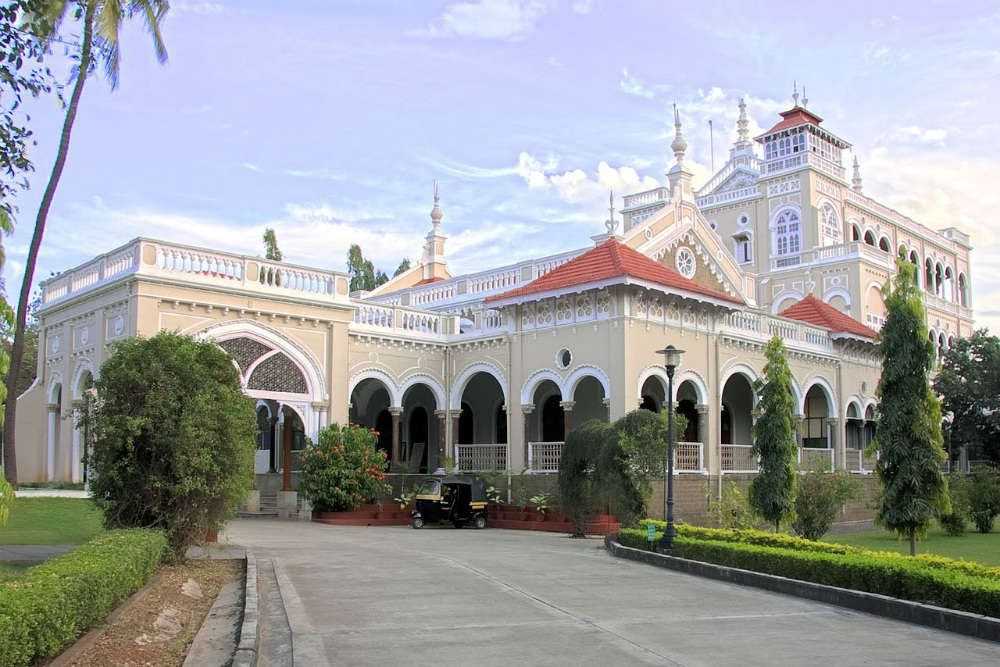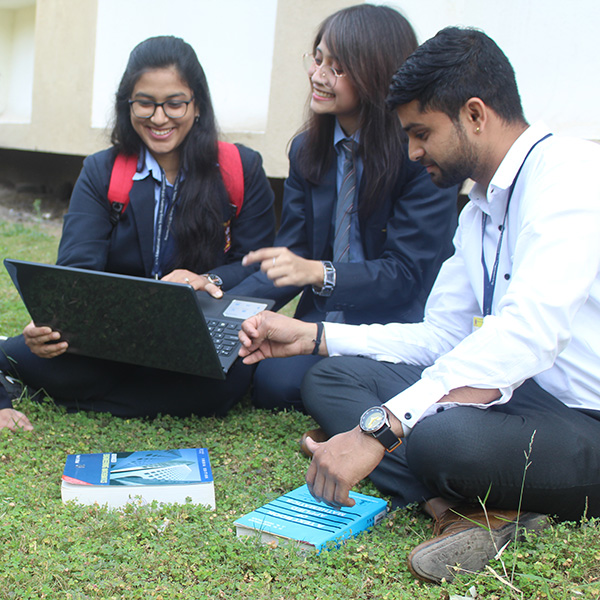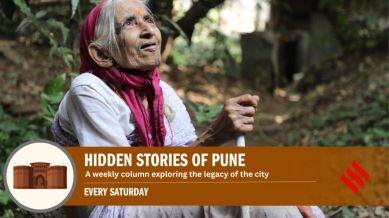Pune: The Cultural Capital of Maharashtra
Pune, often referred to as the "Oxford of the East" due to its multiple prestigious educational institutions, stands as a testament to India's intricate tapestry of cultural and historical richness. Nestled in the western Indian state of Maharashtra, it is the eighth most populous city in the country and a melting pot where tradition meets modernity.
Historical Overview
Pune's historical significance stretches back several centuries. Originally called "Punawadi," it was once a small agricultural settlement. The city rose to prominence in the 17th century under the stewardship of the Maratha Empire, prominently during the reign of Chhatrapati Shivaji Maharaj. Pune served as a significant political center, especially after it became the capital under the Peshwas, who were the chief ministers of the Maratha rulers.
The architecture of Pune still whispers tales of its storied past. With sites like the Shaniwar Wada – the seat of the Peshwas – and Aga Khan Palace, the city offers both residents and visitors glimpses into its regal history. The palace, built in 1892 by Sultan Aga Khan III, also played a significant role during the Indian independence movement by serving as a prison for Mahatma Gandhi and his wife, Kasturba Gandhi, among others.
Education and Intellectual Growth
Pune's reputation as a hub for education is well-earned. The presence of renowned institutions like the Savitribai Phule Pune University, the National Defence Academy, and the Film and Television Institute of India, among others, have attracted students from across the globe. The city's educational environment fosters intellectual growth, encouraging innovation and progressive thinking, defining Pune as a city that harmoniously blends academic rigor with cultural diversity.
Cultural Melting Pot
The cultural landscape of Pune is as diverse as its population. The city is home to a myriad of festivals that are celebrated with great enthusiasm and fervor. Ganesh Chaturthi is the most notable festival in Pune, with its vibrant processions, intricate decorations, and community participation. Pune's cultural fabric is brightened by the contributions of various artists, writers, and performers who make the city their canvas.
Furthermore, Pune hosts the Sawai Gandharva Bhimsen Mahotsav, an annual music festival that celebrates Indian classical music. This prestigious event attracts musicians and music enthusiasts from all over the country, providing a platform for both established artists and budding talent.
Culinary Delights
Complementing its cultural vibrancy, Pune's cuisine offers an extensive range of traditional and contemporary flavors. Pune's street food culture is rich and varied, from the spicy Misal Pav to the sweet Shrikhand. Replete with a mix of Maharashtrian, South Indian, and even global cuisines, the city’s eateries cater to diverse palates, making it a haven for food lovers.
Beyond the delightful street food, Pune has also embraced the café culture. The city is peppered with quaint coffee shops, where students, professionals, and creatives come together to exchange ideas or simply enjoy a quiet moment with their books and lattes. This dietary and cultural amalgamation underscores the city's forward-looking spirit while remaining deeply rooted in tradition.






